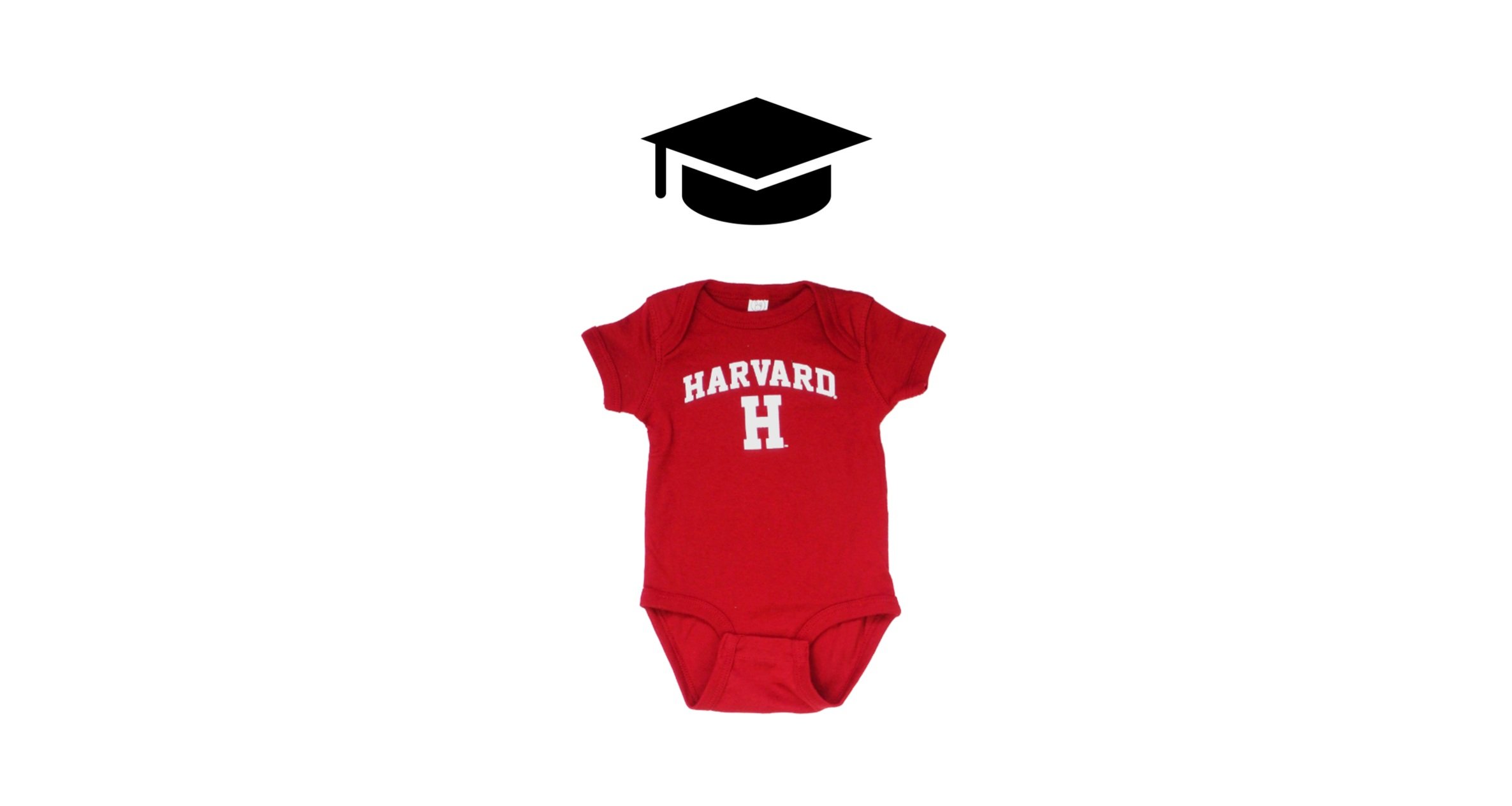Legacy Admissions in 2023
A recent NBC News segment highlights the continuing practice of Legacy Admissions. Simply put, legacy admissions work by favoring students whose parent(s) attended the college or university to which the student has applied.
A study by Michael Hurwitz published in Economics of Education Review showed that, of 30 schools sampled, legacy students are approximately three times more likely to gain admissions over non-legacy students. Though this number is an approximation because schools are not usually transparent about their legacy admissions thereby making the exact numbers hard to track.
One school that no longer uses a legacy admissions preference is Johns Hopkins University. Like many other elite schools, Johns Hopkins used to favor legacy students until 2009, when University President Ron Daniels decided that legacy admissions provide an unfair advantage. As he states in the NBC interview, “It rigs the system.”
Johns Hopkins is not alone. Both MIT and CalTech eliminated their legacy admissions preferences as well. Other colleges and universities were expected to follow suit. However, to date, all eight Ivies still show a preference for legacy students when determining admissions.
Supporters of legacy admissions preferences claim that the practice helps boost donations by alumni whose students go on to attend the university. There may be some truth to this claim as most of the Ivies all have endowments well into the double-digit billions. However, Johns Hopkins still receives regular donations and has an endowment of $3.8 billion, showing that universities can survive without relying on legacy donations.
On the other hand, opponents of legacy admissions preferences argue that the system provides an advantage to already privileged people, primarily those who are wealthy and white, which negates much of what top schools are boasting about their diversity on campus.
There are many factors to consider in this argument. Both sides make valid points. However, Ron Daniels stands firm in his opinion. When asked about the impact that eliminating legacy admissions preferences at Johns Hopkins has had, Daniels states, “It has opened up a lot more space for us to be able to recruit students from a host of backgrounds.”
The Takeaway
At Ivy Link, we work with students to put forth the best application they can by using all the tools at their disposal. The college admissions landscape is increasingly competitive, and any student hoping to gain admission to top colleges has to find a way to stand out from the crowd. If your first-choice school offers a legacy admissions preference which would benefit you, take advantage of the benefit. It can only help your odds of admission.
Looking for more college admissions guidance? Contact Ivy Link below to schedule a consultation.


